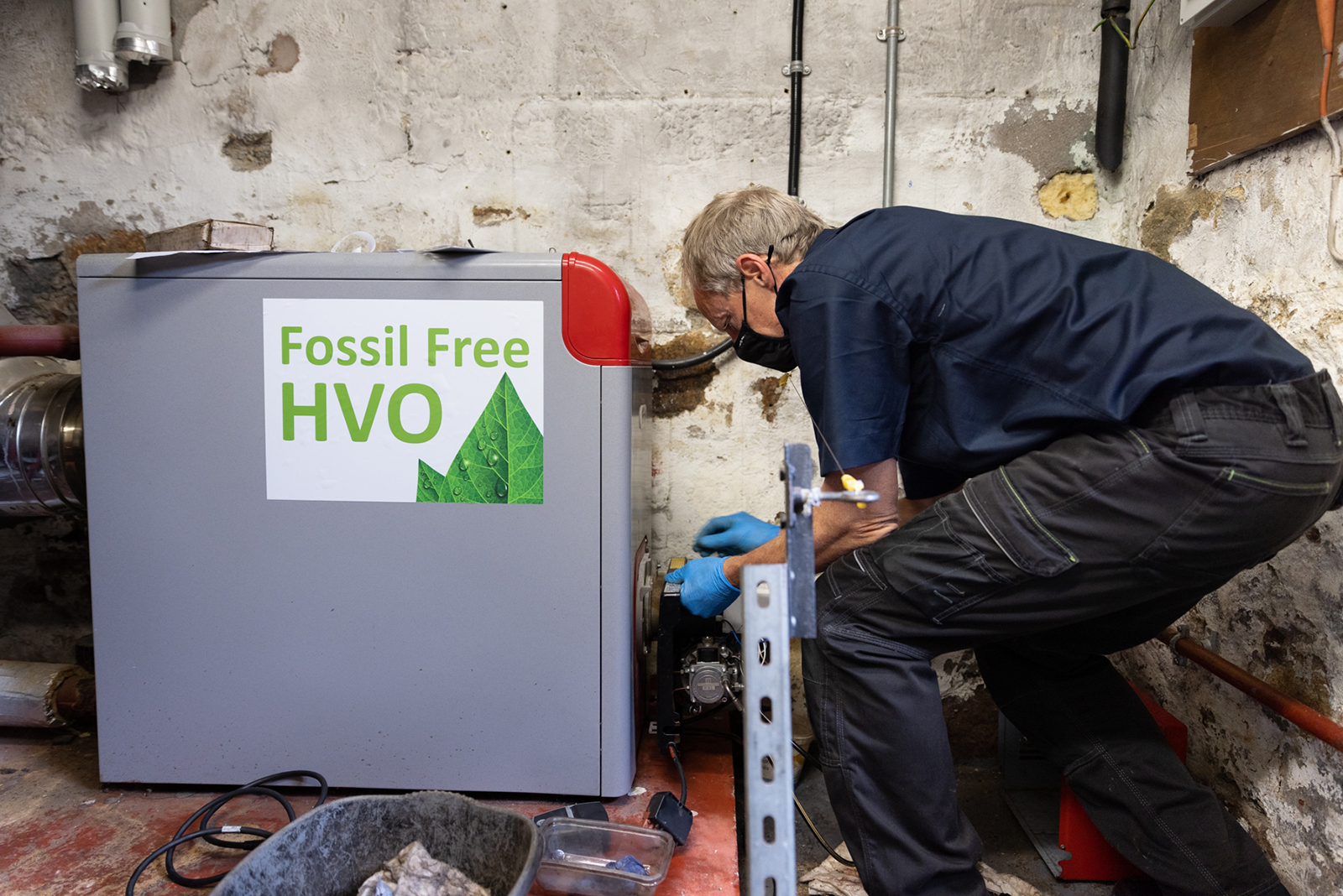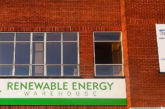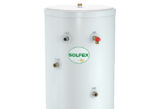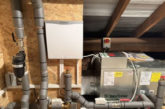
Decarbonising off-grid homes won’t succeed with a ‘one size fits all’ policy, says Malcolm Farrow, Head of Public Affairs at OFTEC.
Off-grid homes have an important role to play in delivering the UK’s net zero ambitions but they continue to be misunderstood. Transitioning these properties to low carbon heating is a complex task and they deserve better than ‘one size fits all’ policies which attempt to simplify or ignore the evident challenges. If we are serious about delivering meaningful change, choice and fairness must be at the heart of the government’s decarbonisation agenda.
The Heat and Buildings Strategy (BEIS, October 2021) marked a significant milestone and signalled the beginning of the end for fossil fuel heating. The government proposes that from 2026, no new fossil-fuel oil boilers will be installed and, from the late 2030s, kerosene will no longer be permitted. Instead, a heat pump first approach for off-grid homes will be adopted, with over 80% of properties expected to eventually use the technology – a measure of ‘reasonable practicably’ will determine suitability but this has not yet been defined.
The overall direction of travel is clear. However, without consumer support for these policies, it is going to very difficult both practically and politically to deliver on these ambitions.
For new build properties and modern off-grid homes, the deployment of heat pumps should be straightforward. The technology has an important role to play, which is why OFTEC is preparing to introduce new heat pump training and assessment to enable registered technicians to acquire the competence needed to install heat pumps in suitable properties.
However, the reality is for many off-grid homes heat pumps present a real challenge. Concerningly, this appears to have been underplayed in the Heat and Buildings Strategy which states ‘It would be feasible to install low temperature heat pumps in around 80% of fossil fuel heated off gas grid homes, based on their current energy efficiency’. While it is theoretically possible to install a heat pump in almost any building, 65% of oil heated homes are in EPC Bands E, F or G. It makes little sense to install heat pumps in these often older homes without also addressing their poor insulation, but this will be extremely costly.
Combined with the current cost of the heat pump itself, some oil heated households could be facing bills of over £20,000 if insulation measures are included. The government has set an ‘ambition’ for the cost of heat pumps to fall between 25% and 50% by 2025 but this seems very optimistic with inflation currently at over 5%. Failing to improve insulation will also result in high running costs and increases the risk of poor outcomes.
Whilst we may see economies of scale reduce costs in urban settings where property types and installations will be similar, this will be difficult to achieve in rural areas where every off-grid home is unique. The vast majority will also miss out on support through the Boiler Upgrade Scheme and Home Upgrade Grant as the funding is capped at a fraction of what is actually required.
The high costs and disruption involved in installing heat pumps makes this a very difficult sell for many off-grid properties. OFTEC surveyed over 220 rural heating businesses – their view was that less than 20% of the homes they serve are currently ‘heat pump ready’.
Consumer support
This is a problem because green policies need the support of consumers to succeed and there is very little appetite for big expenditure following the pandemic and the ongoing cost of living crisis. The government acknowledges this, stating in the Heat and Buildings Strategy that ‘Our ambition is to ensure that the costs of decarbonising heat and buildings falls fairly across society’. The problem is off-grid homes are being treated differently.
Whilst mains gas boilers can be replaced until 2035, fossil fuel oil boilers are being phased out nearly 10 years earlier. These homes are the most difficult to decarbonise but are now first in line.
Technology neutral
Instead, we should adopt a technology neutral approach and deliver the right fuel for the right home to bring about the change needed. Heat pumps have a role to play but renewable liquid fuels offer a viable and realistic alternative for harder to treat properties.
The government has recognised their potential and OFTEC, working with UKIFDA and industry partners, has converted nearly 100 properties to Hydrotreated Vegetable Oil (HVO) as part of a self-funded industry demonstration to the tune of £800,000. From homes, pubs, schools to churches, no issues have been identified after one year of trials and the rollout is set to expand to nearly 200 properties in 2022.
The sustainably sourced renewable liquid fuel is made from waste cooking oil, fats and grease and reduces carbon emissions from oil heated homes by 88%. The demonstrations have shown that the average cost to convert an oil system to HVO is around £500 and can be completed as part of a regular service. This gives consumers a realistic and affordable green solution.
This near ‘drop in’ replacement eliminates high upfront costs and benefits from an existing and experienced industry and supply chain. A survey of over 3,000 oil users has found over 98% would be interested in this option.
With the right policy support through extending the incentives for renewable liquid fuels beyond aviation and road transport to off-grid homes, we believe HVO has a central role to play in the overall energy mix for off-grid heating and will give consumers a genuine choice over how they decarbonise.













